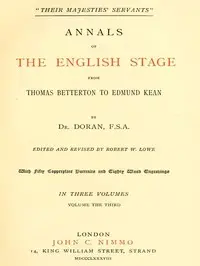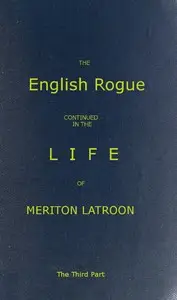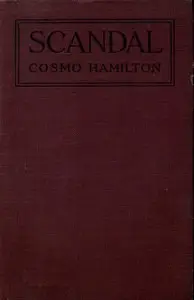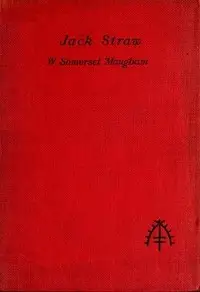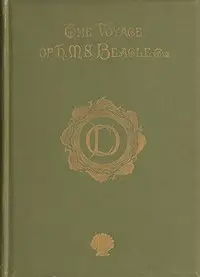"The School for Scandal" by Richard Brinsley Sheridan is a comedic play that exposes a world obsessed with reputation and deceit in 18th-century high society. The story shows people like Lady Sneerwell, an expert in spreading rumors, and Sir Peter Teazle, who learns that things are not always that they appear to be. These characters are trapped in complicated relationships, where they navigate the world of gossip and are faced with the consequences of their actions. The narrative is driven by the use of clever conversation and social satire, revealing the false behaviors of the elite as they spread rumors while defending their honor. It cleverly builds a picture of a society consumed by scandal.

The School for Scandal
By Richard Brinsley Sheridan
In a world of high society, the spreading of rumors and the keeping of one's public image might prove more important than the actual truth.
Summary
About the AuthorRichard Brinsley Butler Sheridan was an Anglo-Irish playwright, writer and Whig politician who sat in the British House of Commons from 1780 to 1812, representing the constituencies of Stafford, Westminster and Ilchester. The owner of the Theatre Royal, Drury Lane, in London, he wrote several prominent plays such as The Rivals (1775), The Duenna (1775), The School for Scandal (1777) and A Trip to Scarborough (1777). He served as Treasurer of the Navy from 1806 to 1807. Sheridan died in 1816 and was buried at Poets' Corner in Westminster Abbey. His plays remain a central part of the Western canon and are regularly performed around the world.
Richard Brinsley Butler Sheridan was an Anglo-Irish playwright, writer and Whig politician who sat in the British House of Commons from 1780 to 1812, representing the constituencies of Stafford, Westminster and Ilchester. The owner of the Theatre Royal, Drury Lane, in London, he wrote several prominent plays such as The Rivals (1775), The Duenna (1775), The School for Scandal (1777) and A Trip to Scarborough (1777). He served as Treasurer of the Navy from 1806 to 1807. Sheridan died in 1816 and was buried at Poets' Corner in Westminster Abbey. His plays remain a central part of the Western canon and are regularly performed around the world.


